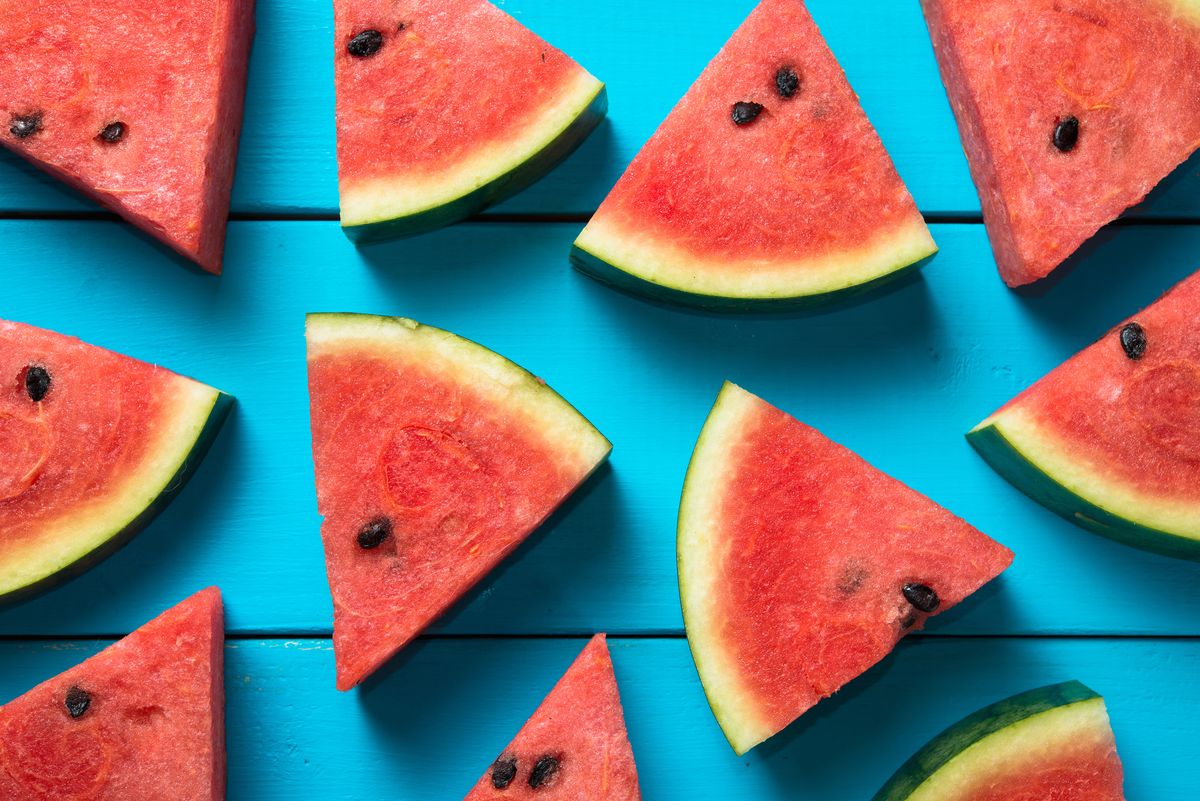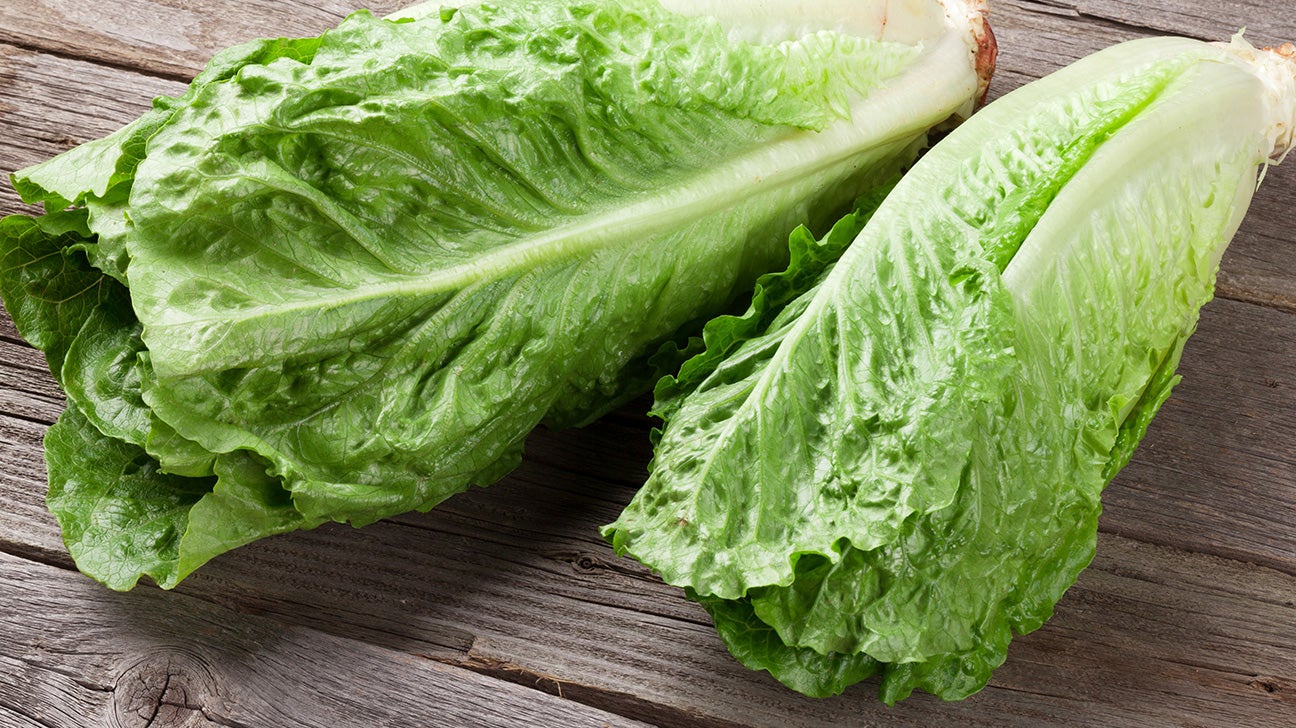Proper hydration is essential for maintaining optimal health and well-being. While drinking an adequate amount of water is crucial, we can also enhance our hydration levels by incorporating foods with high water content into our diet. These foods not only provide hydration but also offer gentle digestion benefits. In this article, we will explore the top five foods with high water content that can help keep us hydrated and support a healthy digestive system.
1, Cucumbers.
Cucumbers are indeed incredibly hydrating due to their high water content, which is approximately 96%. This makes them an excellent choice for staying hydrated, especially during hot weather or physical activity. Proper hydration is essential for maintaining bodily functions, regulating body temperature, and supporting overall health.
In addition to their hydrating properties, cucumbers are also low in calories, making them a great option for those who are watching their calorie intake. A 100-gram serving of cucumbers typically contains only about 16 calories. This makes them a popular choice for people who are trying to lose weight or maintain a healthy weight. Cucumbers can be a satisfying and refreshing snack without significantly adding to your daily caloric intake.
Furthermore, cucumbers are rich in vitamins and minerals, which contribute to their nutritional value. They are a good source of vitamin K, which plays a crucial role in blood clotting and bone health. Cucumbers also contain vitamin C, an antioxidant that helps support the immune system, collagen production, and iron absorption. Additionally, they provide potassium, an essential mineral that helps regulate blood pressure, maintain proper heart function, and support muscle contractions. Magnesium, another mineral found in cucumbers, is involved in various bodily functions, including energy metabolism and nerve function.
Cucumbers are also a good source of dietary fiber. Fiber is important for maintaining a healthy digestive system and promoting regular bowel movements. It adds bulk to the stool, which helps prevent constipation and supports overall digestive health.
Incorporating cucumbers into your diet can have several benefits. They provide hydration, essential nutrients, and fiber while being low in calories. Their high water content can contribute to your daily fluid intake, especially if you struggle to drink enough water throughout the day. The vitamins and minerals in cucumbers support various bodily functions and contribute to overall health and well-being. Additionally, the fiber content aids in digestion and promotes a healthy gut.
Overall, cucumbers are a refreshing and nutritious addition to a balanced diet. Whether eaten on their own, added to salads, or used in various recipes, they offer hydration, essential nutrients, and digestive benefits while being low in calories.
2, Watermelon.
Watermelon is indeed a delicious and refreshing fruit that is known for its high water content. It consists of approximately 92% water, making it a great choice for staying hydrated, especially during hot summer months or physical activities.
Hydration is essential for maintaining optimal bodily functions, regulating body temperature, and supporting overall health. Watermelon's high water content can contribute to your daily fluid intake and help prevent dehydration.
In addition to its hydrating properties, watermelon also provides essential electrolytes. Electrolytes are minerals that play a vital role in maintaining fluid balance, nerve function, and muscle contractions. Watermelon contains electrolytes such as potassium and magnesium, which are important for proper hydration and muscle function.
Watermelon is also a good source of vitamins, particularly vitamin C. Vitamin C is an antioxidant that supports the immune system, helps in collagen production, and aids in the absorption of iron. It can contribute to overall digestive health by supporting the proper breakdown and absorption of nutrients.
Furthermore, watermelon is relatively low in calories and fat, making it a refreshing and guilt-free snack option. A 100-gram serving of watermelon typically contains around 30 calories. This makes it suitable for individuals who are watching their calorie intake or aiming to maintain a healthy weight.
Apart from its hydrating and nutritional benefits, watermelon is naturally sweet and can be enjoyed on its own or incorporated into various dishes, such as salads, smoothies, or fruit salsas.
To summarize, watermelon is a delicious fruit that is both hydrating and nutritious. With its high water content, it can help quench your thirst and keep you hydrated. It also provides essential electrolytes and vitamins, particularly vitamin C, which can support digestion and overall health. So, enjoy watermelon as a tasty and refreshing way to stay hydrated and nourish your body.
3, Strawberries.
Strawberries are indeed a delightful fruit with numerous benefits. They have a high water content, containing approximately 91% water, making them an excellent choice for hydration and quenching your thirst.
Along with their hydrating properties, strawberries are packed with antioxidants, which are compounds that help protect the body against damage from harmful free radicals. These antioxidants, such as vitamin C, anthocyanins, and ellagic acid, can contribute to overall health and well-being by combating oxidative stress and inflammation in the body.
Strawberries are also a good source of dietary fiber. Fiber is important for promoting healthy digestion and maintaining regular bowel movements. It adds bulk to the stool, aiding in gentle digestion and preventing constipation.
Furthermore, strawberries are rich in vitamins. They are particularly known for their high vitamin C content, which not only acts as an antioxidant but also supports immune function, collagen synthesis, and iron absorption. Strawberries also provide other essential vitamins like folate, vitamin K, and various B vitamins, all of which play important roles in maintaining overall health.
Strawberries are a low-calorie fruit, making them a great option for those who are watching their calorie intake. A cup of strawberries typically contains around 50-60 calories, depending on the size of the berries. This makes them a guilt-free and satisfying snack choice.
Incorporating strawberries into your diet can be enjoyable and versatile. You can enjoy them fresh on their own, add them to smoothies, top them on salads or yogurt, or use them as a sweet ingredient in various recipes.
To summarize, strawberries are a delicious and nutritious fruit. With their high water content, they contribute to hydration and can help quench your thirst. They are packed with antioxidants, fiber, and vitamins, providing various health benefits. Enjoying a bowl of strawberries not only satisfies your taste buds but also supports gentle digestion and overall well-being.
4, Celery.
Celery is a vegetable that is well-known for its high water content, which is approximately 95%. This makes it an excellent choice for hydration, particularly during hot weather or when you need to replenish fluids.
Due to its high water content and low-calorie nature, celery is often considered a great addition to a healthy diet, especially for those who are watching their calorie intake. A 100-gram serving of celery typically contains only about 16 calories. This makes it a popular choice for weight management and maintaining a healthy weight.
In addition to its hydrating and low-calorie properties, celery is also a good source of dietary fiber. Fiber plays a crucial role in promoting healthy digestion and maintaining regular bowel movements. Consuming an adequate amount of fiber can support a healthy gut, prevent constipation, and contribute to overall digestive health.
Celery is also rich in various vitamins and minerals, including vitamin K, vitamin C, potassium, and folate. Vitamin K is important for blood clotting and bone health, while vitamin C is an antioxidant that supports the immune system and collagen production. Potassium is essential for maintaining proper heart function and regulating blood pressure. Folate, also known as vitamin B9, is important for red blood cell production and cell growth.
Moreover, celery has a crunchy texture and a mild, refreshing flavor, which makes it a versatile vegetable for incorporating into your meals. It can be enjoyed raw as a snack, added to salads, used as a crunchy element in stir-fries, or even blended into smoothies.
In summary, celery is a hydrating and low-calorie vegetable that offers several health benefits. Its high water content can aid in hydration, while the dietary fiber it contains promotes healthy digestion. Celery is also a source of essential vitamins and minerals. Adding celery to your diet can be a nutritious and refreshing way to support hydration, weight management, and overall digestive health.
5, Lettuce.
Lettuce, including varieties like iceberg lettuce, is known for its high water content, which is approximately 96%. This makes it an excellent choice for adding hydration to your meals and increasing your daily water intake.
Lettuce is commonly used as a base for salads and wraps, providing a refreshing and crunchy texture. It is a low-calorie vegetable, making it a popular choice for those who are watching their calorie intake or aiming to maintain a healthy weight.
In addition to its high water content, lettuce also contributes to gentle fiber intake, which is beneficial for digestion. While iceberg lettuce may have a lower fiber content compared to some other leafy greens, it still provides some dietary fiber that can support regular bowel movements and promote a healthy digestive system.
Lettuce is also a source of various vitamins and minerals, although the nutrient content can vary depending on the variety. Generally, lettuce contains vitamins A, K, and C. Vitamin A is important for eye health and immune function, while vitamin K plays a role in blood clotting and bone health. Vitamin C acts as an antioxidant and supports the immune system.
It's worth noting that while iceberg lettuce is hydrating and provides some nutrients, other types of lettuce such as romaine, green leaf, or red leaf lettuce may offer even more nutritional value. These varieties tend to have a higher fiber content and provide a broader range of vitamins and minerals.
Overall, including lettuce in your meals, whether it's iceberg lettuce or other lettuce varieties, can contribute to your daily water intake, provide gentle fiber for digestion, and offer some essential vitamins and minerals. It can be a refreshing and nutritious addition to salads, wraps, sandwiches, or as a side in various dishes.
Incorporating foods with high water content into our daily diet is a smart approach to staying hydrated and supporting gentle digestion. Cucumbers, watermelon, strawberries, celery, and lettuce are excellent choices that can boost our water intake while providing essential nutrients and promoting overall well-being. Whether enjoyed as a snack, incorporated into salads, or included in other dishes, these hydrating foods can contribute to our daily hydration needs and aid in maintaining a healthy digestive system. Remember to prioritize hydration and choose these water-rich foods to stay refreshed and nourished.



:max_bytes(150000):strip_icc()/is-celery-good-for-you-heres-what-an-rd-says-1187b6f3415b4c03b37900ccc4378c13.jpg)

Comments
Post a Comment